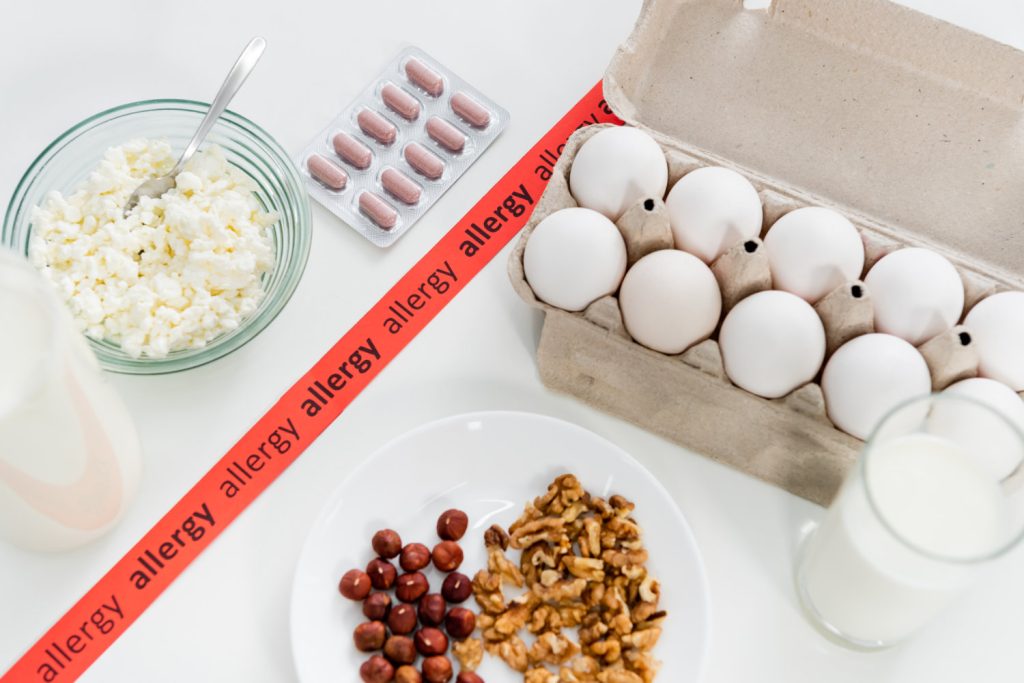What to Avoid When Taking a Blood Thinner
Blood thinners, also known as anticoagulants, are medications that play a vital role in preventing blood clots. These medications work by interfering with the clotting process, reducing the risk of life-threatening conditions like deep vein thrombosis (DVT) and pulmonary embolism (PE). While blood thinners are incredibly beneficial, navigating life on them requires an extra layer of caution. This blog will serve as a general guide, exploring what precautions to take while taking a blood thinner.
Understanding Blood Thinners
According to MedlinePlus, “blood thinners are medicines that prevent blood clots from forming. They do not break up clots you already have. But they can stop those clots from getting bigger.” There are different types of blood thinners, and the one prescribed for you will depend on your specific medical condition. Some common blood thinners include warfarin (Coumadin), heparin, and newer medications like Dabigatran (Pradaxa) and Rivaroxaban (Xarelto).
About Your Blood Thinner
It is important to familiarize yourself with your specific medication. Ask your doctor:
- What’s the name and dosage of my blood thinner?
- How long will I need to take it?
- Are there any specific side effects I should be aware of?
How to Take Your Blood Thinner
Taking your blood thinner as directed is essential to guarantee its effectiveness. Here are some general guidelines, but always refer to your doctor’s specific instructions:
- Consistency is key: Try to take your medication at the same time each day.
- With or without food? Some blood thinners need to be taken on an empty stomach, while others can be taken with food. Follow your doctor’s advice.
- Don’t skip doses: Skipping doses can make your blood clotting times unpredictable, increasing your risk of clots.
- Check your medicine: Always double-check your medication before taking it. This may seem obvious, but it’s an easy way to avoid accidental mix-ups.
Using Other Medicines
According to Agency for Healthcare Research and Quality (AHRQ), blood thinners can interact with other medications, including over-the-counter drugs, vitamins, and herbal supplements. To avoid complications, always inform your doctor about all the medications you take, including:
- Advil®
- Aleve®
- Alka-Seltzer®
- Excedrin®
- ex-lax®
- Midol®
- Motrin®
- Nuprin®
- Pamprin HB®
- Pepto Bismol®
- Sine-Off®
- Tagamet HB®
- Tylenol®
It is also important to let your doctor know about any vitamins and herbal products you consume, such as:
- Multivitamins
- Garlic
- Ginkgo biloba
- Green tea
Being up front with your doctors allows them to identify potential interactions and adjust your treatment plan if necessary.
Talk to Your Other Doctors
If you see additional healthcare providers, let them know you’re taking a blood thinner. This is crucial because any new medications they prescribe need to be evaluated for potential interactions with your blood thinner.
Blood Tests
If you’re taking blood thinners like warfarin, you’ll likely need regular blood tests to monitor your blood clotting time. This test, called an INR (international normalized ratio), helps your doctor determine if your medication dosage needs adjustment.
Possible Side Effects
The most common side effect of blood thinners is increased bleeding. This can manifest as easy bruising, nosebleeds, or bleeding gums. If you experience any unusual bleeding, consult your doctor immediately.
Stay Safe While Taking Your Blood Thinner
Since blood thinners increase your risk of bleeding, certain activities and habits become risk factors. Try to avoid:
- Risky activities: Avoid contact sports, activities with a high fall risk (like skiing or mountain biking), or anything that could cause significant injury.
- Alcohol in Excess: Moderation is always key with alcohol, but especially if you’re on blood thinners. Excessive drinking can affect clotting and increase your fall risk. Even a simple fall can lead to significant bruising or internal bleeding.
- Sharp objects: Be extra cautious when using knives, razors, or scissors. Consider using an electric razor, as these are a bit harder to nick yourself with.
Food and Your Blood Thinner
Certain foods, particularly those high in vitamin K, can interfere with the effectiveness of blood thinners like warfarin. Vitamin K promotes clotting, so a sudden increase in its intake can counteract the medication’s effects. However, complete elimination isn’t necessary. Dr. Matthew Sorrentino, a cardiologist at the Cleveland Clinic, advises maintaining a consistent vitamin K intake. Higher-vitamin K foods include:
- Green leafy vegetables (kale, spinach, Brussels sprouts)
- Cranberries, grapefruit, and pomegranate (fruits and juices)
- Green tea
If you’re worried about increasing your Vitamin K intake, safer vegetable options include:
- Carrots, celery, corn, cucumbers, iceberg lettuce
- Onions, peppers, potatoes, pumpkin, romaine lettuce
- Sweet potatoes, squash, tomatoes
Avoid Herbal Supplements:
According to Mayo Clinic, herbal supplements can be problematic with blood thinners. Certain supplements can make clotting more difficult, increasing the risk of excessive bleeding. Avoid these supplements until you’ve consulted and received the okay from your doctor.
Beyond Food and Drink:
The effects of blood thinners can be quite serious, so it’s important to also avoid:
- Over-the-counter pain relievers: These include aspirin, ibuprofen, naproxen, and some cold and stomach remedies. Consult your doctor to discuss potential interactions and safe alternatives.
- Skipping monitoring: Regular blood tests are crucial for warfarin to ensure proper dosage and clotting time. Newer blood thinners might not require this; your doctor will tell you what type of monitoring is most appropriate for you.
- Inconsistent medication use: Taking your medication as directed is vital. Don’t skip doses or take double doses.
- Certain dental procedures: While routine cleanings and fillings are usually safe, more complex procedures like tooth extractions or implants might be best temporarily avoided due to increased bleeding risk. If you require a procedure, your dentist or oral surgeon and your doctor can work together to create the best plan for your overall health.
- Ignoring side effects: Be aware of and report any side effects to your doctor, such as nausea, fatigue, shortness of breath, or unusual bleeding or bruising.
Living Well on Blood Thinners
By following these guidelines and staying informed about your specific medication, you can navigate life on blood thinners safely. Remember, communication with your doctors is key. Don’t hesitate to ask your doctor any questions you may have – they are your partner in ensuring you’re able to live a safe, healthy, and prosperous lifestyle.




